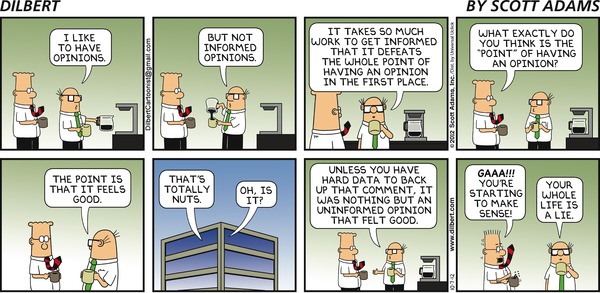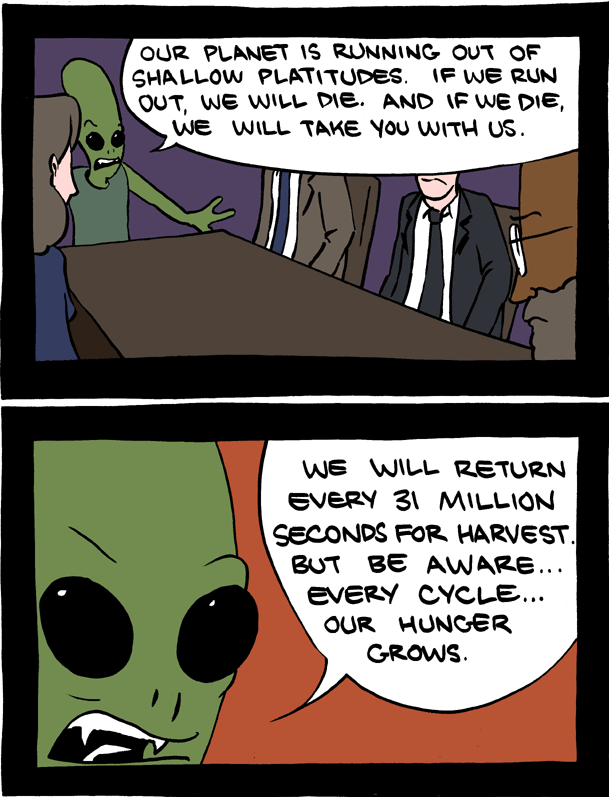It's not about you
I was surprised, yesterday, to get a thoughtful letter of resignation from a LLOG commenter. To preserve the anonymity of his pseudonymity, I'll call him 'X'. Mr. X's stated reason for leaving was that
LL is becoming far too centered on my babblings. Defending my own crudity is becoming tiresome, time-consuming, and harmful to others – notably yourself and whoever else's good names are behind the board. I prefer to do whatever is most helpful and appropriate – in this case I've missed that target pretty goddamned impressively.
Read the rest of this entry »


